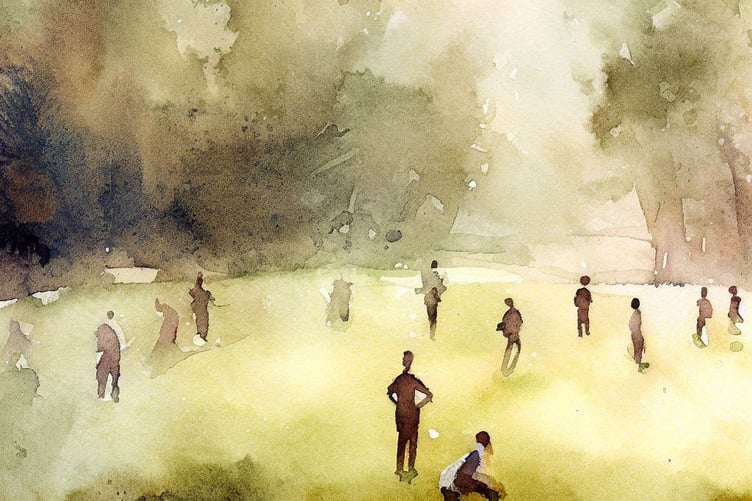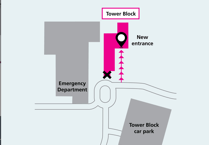A RECENT visit to Speech House for afternoon tea inspired thoughts of the history of this magnificent architectural gem and surrounding area, writes Dave Kent.
I first visited Speech House when playing cricket against the Speech House team, captained by Trevor Tompkins, a former Lydney Cricket Club star bowler.
He would bowl all afternoon for Lydney in his earlier days.
He had slowed down considerably after taking over Speech House Cricket Club, but was still as effective.
It was the most glorious setting of any cricket ground, but a club needs players as well as a scenic venue.
Ageing players were not succeeded by younger players, and the cricket club has not survived.
In 1669 building work on Speech House started, and soon it took over from the various lodges around the forest as the courthouse for the Forest Verderers and as a royal hunting lodge.
The Speech House fields hosted their first riot, in protest against land enclosures, in 1688.
The house and its extensive grounds were subsequently used for public meetings, riots, demonstrations, coal miners’ gatherings, and an archery ground.
In the 19th century Speech House became a licensed inn as well as the Verderers’ court, and now it hosts a variety of events, including half marathons, firework displays, the Vintage show, the Royal Forest show and a ‘Wild Boar Chase’.
There were a series of political gatherings of Forest miners to resist wage cuts and improve their working conditions from the 1870s, continuing until the1930s.
The miners’ anthem for these occasions began “We are the jovial foresters, our trade is getting coal, You never knew a forester, But was a hearty soul”.
In the 1880s and 1890s, this became: “We are the jovial foresters, Sir Charles shall be our man, We’ll send him back to Parliament, To help the Grand Old Man”.
Sir Charles was Dilke, and the Grand Old Man was Gladstone, the leader of Dilke’s Liberal party.
Dilke was a leading figure in the Liberal governments in the second half of the 19th century, but a scandal destroyed his ministerial career.
His rehabilitation as a politician came through the offer to join the Forest branch of the Liberal party, and for the last 25 years of his life as MP for the Forest he dedicated his political career to improving the lives of miners and their families.
His base in the forest was Speech House. In winter, when the roads in the high Forest were impassible, he worked from the Victoria Hotel, Newnham-on-Severn.
He was a regular speaker at the miners’ annual assembly at the Speech House grounds.
At his death in 1911, a committee proposed that a free hospital, a long-desired aim of Dilke, should be built close to Speech House, where he had such important connections.
The First World War held up these plans, and the nearest site available was a mile and a half away from Speech House, but this site was selected and the contributions from many Forest people enabled the Dilke Hospital to be built as a free hospital for Foresters.
I’m indebted to my friend the late Ralph Anstis, Forest historian, for details of Dilke’s career.





Comments
This article has no comments yet. Be the first to leave a comment.